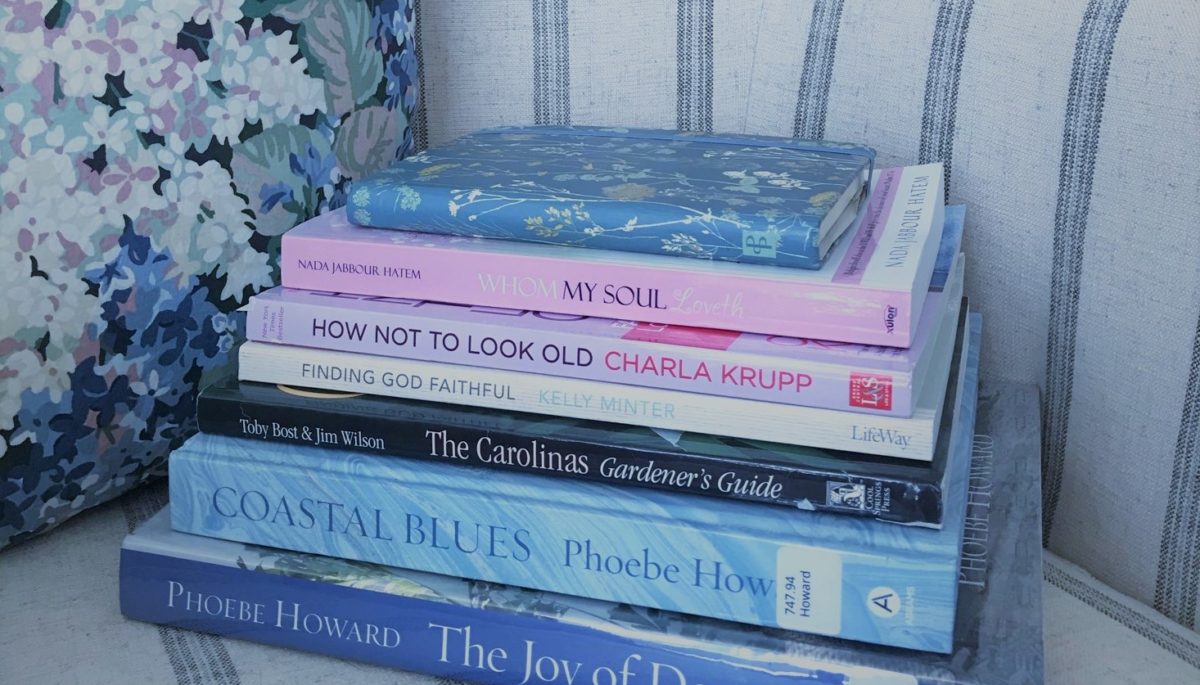Knowing Egyptians
For most of my adult life, I had little familiarity with Egyptian culture and people. In recent years, however, my ESL teaching has introduced some wonderful Egyptian children into my life. The first student who comes to mind was a 6th grader named Monique*. It was her first year in the US but she already had a passable understanding of English. In spite of culture shock and the challenges of her preteen class, she pushed through every day, excelling in all her subjects, including the 6th grade American history curriculum! She maintained a sweet and innocent spirit. At the end of the year, her teachers selected her for the academic achievement award in her grade, out of nearly 100 students!

Another Egyptian family had several children in the school. One of them had significant disabilities yet he was the delight of the staff. He was usually grinning, and drooling, from ear to ear, in spite of his physical handicaps and his inability to speak. I wondered how his family managed his care with limited resources and their language barrier.
Pictured above is Solomon*. He was a very energetic primary student. He was so excited about life and learning and people that he could never stay in his place or remain quiet. Although that effervescent spirit was a challenge in the classroom, his enthusiasm endeared him to me. He made great progress as a language learner and accomplished near grade-level reading by the end of the year. Once, his reading group had a book about making a kite. For a follow-up, I copied the directions and gave the students the kite materials. To my joy and amazement, a few days later Solomon showed me his completed kite, so I took his picture! Kids actually doing something like this on their own is quite rare.
Solomon belonged to a special group of Egyptians called Copts. This term is short for Coptic Christian and they are among the oldest Christian sects in the world. Egyptian Orthodox believers, including Solomon, can often be identified by a small cross tattoo near the wrist.
Today’s Coptic Christians in Egypt are being violently singled out. Since the Arab Spring in 2011, there have been numerous assaults on them. Twenty-one Egyptian Christian young men were executed on a Libyan beach by ISIS in 2015. This April, suicide bombers attacked two Egyptian church services on Palm Sunday, killing 40 attendees. In May, buses headed to a monastery were ambushed by terrorists resulting in 28 more deaths.
Terrorism is not isolated anymore. This spring, England was horrified by a bombing at a concert that took the lives of nearly two dozen, mostly young teens. Since 2001, the US has experienced terrorism at the Boston Marathon, and many shooting sprees including San Bernadino, Fort Hood, and Orlando. All of these are horrific but the Egyptian attacks are particularly appalling in that the Coptic Christians are targeted.
The Bible warns of persecution. The Apostle Paul was beaten and jailed repeatedly throughout his ministry, and eventually he was martyred near Rome. But of his travail he said, “I believe that the present suffering is nothing compared to the coming glory that is going to be revealed to us.” (Romans 8:18) The persecution of Christ-followers has continued through the centuries. God loves His own but in His sovereignty, mistreatment and murder happen. Speaking to the disciples, Jesus warned, “In this world you will have trouble.” Then he added this encouragement, “But take heart! I have overcome the world.” (John 16:33) My Christian sisters and brothers in Egypt need our prayers.
*Names of the students have been changed.

Hi Brenda,
I appreciated your article so much. I know several Egyptian families at Trinity and they are without a doubt the sweetest people at our school. And, as you know, we’ve lived many years in the Middle East and know that there are some wonderful people out there who are suffering greatly due to the violence.
I’m glad you’ve had these children in your life! They are inspiring!
Hope you are enjoying your summer. 🙂
Carol